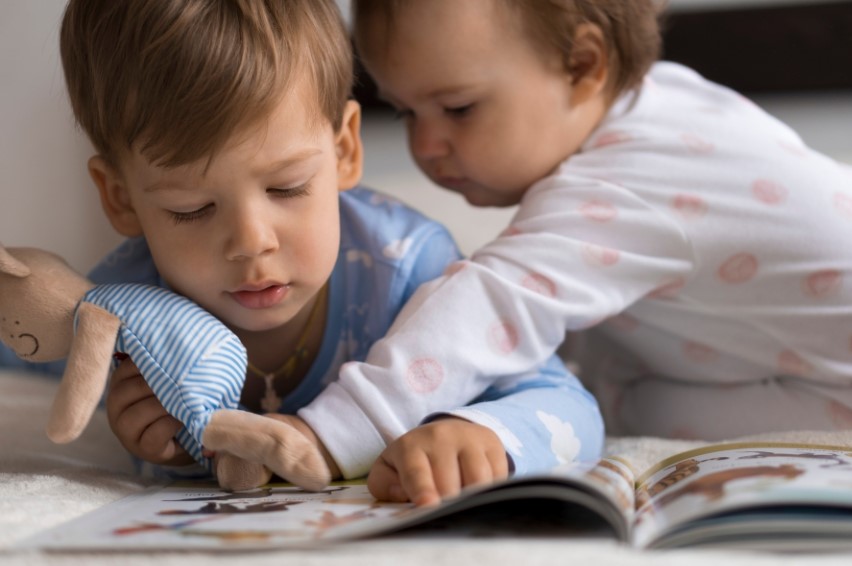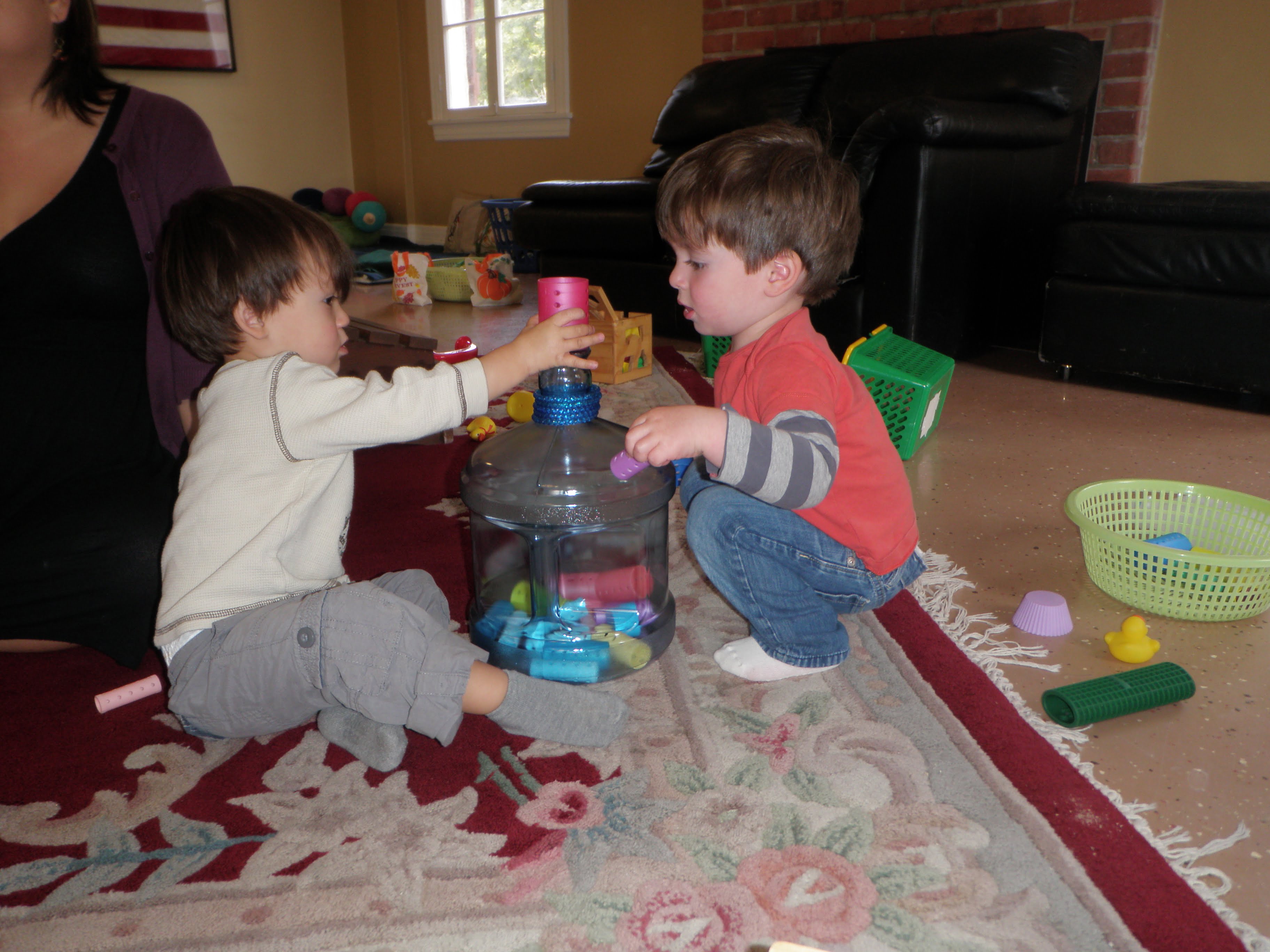A parent wrote a question: I have two children: a 2.5-year-old son and a 3-month-old baby girl. My “angel child” has stopped being cooperative. Communicating with him is getting harder—he says “no” to almost everything, doesn’t respond to my limits, and throws more tantrums. Sometimes it even seems like he’s doing things to spite me. I want to find a balance between being firm and gentle, to rebuild our relationship and stay connected with my son.
Things to Keep in Mind
- Your child is growing and changing:
When your son was younger, his needs likely aligned with yours. Now he’s starting to realize that he’s his own person with his own wants—and that’s a huge developmental milestone! While it’s inconvenient, it’s also something to celebrate. After all, we wouldn’t want their growth to stop, right? - Meltdowns are part of development:
Big emotions—frustration, sadness, disappointment—can be overwhelming for young children. With your help, your son is learning to regulate his emotions. By staying calm and present during his meltdowns, you’re teaching him how to manage intense feelings, a skill he’ll carry into adulthood. - There’s a new “competitor” for your attention and connection:
Adjusting to a new sibling is tough. Your son is grieving the loss of having you all to himself, and it’s important to acknowledge those feelings. This period of adjustment won’t last forever, but it’s a big deal for him right now.
What You Can Do to Make Things Easier
- Dedicated one-on-one time:
Spend at least 15 minutes a day fully tuned in to your child. Let him know it’s his special time with you or another parent. You might say, “After lunch, we’ll play together,” or, “In the evening, I’ll spend time with you while Dad takes care of your sister.” Mark this time on a physical calendar at his level so he can see and anticipate it. If you do not have one – buy it simple paper calendar.
- Extra time for transitions:
Rushing often triggers tantrums. If possible, build in 15–20 extra minutes between activities. It might also help to cut back on overly packed schedules to reduce stress for both of you.
- Don’t overload him with activities:
Children with overscheduled days or too many new experiences tend to have more meltdowns. Balance structured activities with plenty of free play and downtime for him to decompress. This feels like an easy task, but it is often an overlooked task to downsize the activities. We often schedule activities to make things easier for us, fill the time, and keep the child busy. What the children need most is control over their time – where they get to be the leaders, engage in play, and feel free to do what they desire. When the child has plenty of areas where he can control the situation – he has less need to push for control in other areas.
- Narrate what’s happening:
Prepare your child for transitions by explaining what’s coming: “First, we’ll have lunch, and then we’ll go to the park.” At bedtime, recap the day with simple language:- “This morning, we made waffles—you really liked them!”
- “Later, Daddy went to work, and you were sad because you didn’t want him to leave.”
- “In the evening, we went to meet Daddy, and he was so happy to see you!”
This gives your child a sense of control and predictability.
- Consistency and predictability: Preserve at least some of the familiar routines and environment for the older child that existed before the younger one was born, such as the schedule, traditions you shared with this child, the environment in his room, or play space.
- Let him cry:
It’s tempting to distract or shut down a meltdown, but tears are essential. They start as frustration and anger, then shift to acceptance and relief. This shift is a very important component in regulation and resilience. If you can stay calm and supportive during these moments, the meltdowns will likely decrease over time.
7. Create opportunities for play:
Play reduces stress, encourages cooperation, and helps your child process emotions. Make space for unstructured play every day—it’s one of the best ways to support his emotional health.
Navigating your toddler’s growing independence and the arrival of a new sibling is challenging, but it’s also a time of incredible growth for your family. By staying calm, carving out one-on-one time, and creating a predictable environment, you can help your son feel secure and supported during this transition. Growth may be messy, but you’re laying the foundation for a stronger connection and a more resilient child.
Have some grace for yourself as you balance this transition. Be kind and gentle to yourself. We may not always get it right, and it will be messy for us as well. It is important that we model that for our children as well.
Here are a few more thoughts and ideas: https://ourparentingplace.com/new-baby-and-toddler/

Let me know if you need more information about RIE® Parent-Infant Guidance™ Classes.
Wishing you all the best in this difficult yet exciting journey of parenting!
Photo credit: mother and two children: Michail Bibichikov
Warmly,
Teacher Kira














